The negative impacts of man-made CO2 emissions on the environment are already well researched and documented. But the damaging effects of the increasing amounts of carbon dioxide that are ending up in our seas and oceans are less well known. Marine scientists at the IAEA's Environment Laboratories in Monaco are using a range of nuclear and isotopic techniques to study a process known as "Ocean Acidification."

This 2014 video from Franklin Miller shows how its TASKMASTER grinder efficiently shreds flushable wipes, preventing frequent clogs faced by sewer system personnel nationwide and internationally. The debris is shredded and then easily passes through a treatment plant.
Sponsored by Franklin Miller Inc.
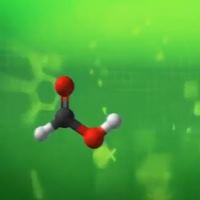
Formic acid produced by BASF scores high in countless applications by combining excellent efficiency with high environmental compatibility. It features high purity and excellent quality with a broad range of concentrations to meet customer needs. Read more at http://www.formic-acid.basf.us/.
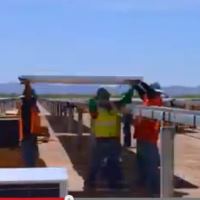
Fluor was awarded an EPC contract to design and build a new, 125-MW solar photovoltaic (PV) facility in Arizona the size of 516 football fields. This video posted by the company shows some of the construction work involved in the project.
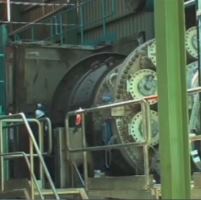
After 15 years of operation, S.A. Industrias Celulosa Aragonesa (SAICA) was faced with the prospect of no longer qualifying for Spain's total feed-in tariff unless it could upgrade its GE 6B gas turbine to meet Spanish environmental regulations. The paper mill upgraded its GE unit with a Flange-to-Flange solution to increase output by 8%, reduce its emissions by more than 90%, and cut the frequency of its required maintenance outages in half.
Sponsored by GE Water
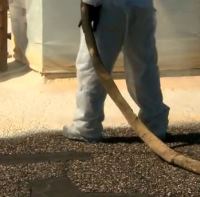
Honeywell installs spray foam roofing at its Golden Valley, Minn. facility. The roof was experiencing multiple and significant leaks. Spray foam roofing solved these and other problems. The spray foam contractor on site maintained safe operations throughout the project.

Honeywell's Sulf-N 26 ammonium sulfate nitrate fertilizer offers the best of all worlds. It is safer to handle, transport, and store, and it is more difficult to alter, making it impractical to use as an explosive agent. Additionally, crop tests show that Sulf-N 26 yields are equal to or better than other fertilizer options available today, which makes it a powerful option for meeting food demand as the population grows.
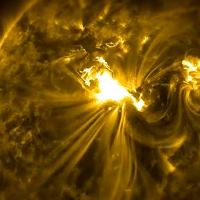
This USGS video shows how space weather can have important consequences for our lives, such as interference with radio communication, GPS systems, electric power grids, the operation and orientation of satellites, oil and gas drilling, and even air travel as high altitude pilots and astronauts can be subjected to enhanced levels of radiation.
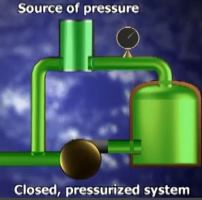
This AmericanWaterWorks video posted in October 2013 explains the phenomenon of backflow and steps to prevent it from contaminating drinking water systems.
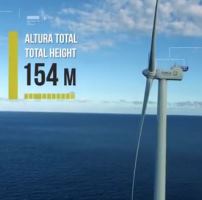
Gamesa has made progress on its offshore strategy by developing the Gamesa 5.0 MW offshore platform. Based on the proven technology validated in recent years in Gamesa’s 4.5 MW platform and the operating know-how and experience built up, the 5.0 MW offshore platform combines high reliability and optimal cost of energy. In addition to its 5 MW offshore system, Gamesa plans to develop higher-capacity offshore turbines (7 MW-8 MW) in the medium to long term. The G128-5.0 MW Offshore prototype has been equipped with a 128-meter rotor diameter and a modular and redundant design that will ensure reliability and maximizing energy production.
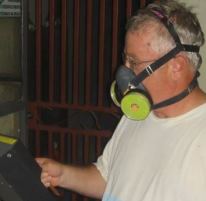
This video describes a solution to the severe health risks caused by mercury emissions from small-scale gold processing. Small scale gold buying and refining facilities, or gold shops, located in more than 55 countries throughout the world, are an important part of the artisanal and small-scale gold production process and are a major cause of air pollution from mercury. EPA and Argonne National Laboratory worked together to design a low-cost mercury capture system that is simple to build and install, using locally available materials. The system reduces mercury emissions by at least 80 percent. For more information about the Mercury Capture System, go to www.epa.gov/international/toxics.
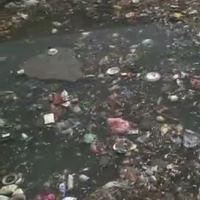
Manila is just one of the world's largest cities that are situated on the water's edge. For these cities the oceans provide jobs, food and opportunities for transportation and recreation. But as pollutants move downhill, they are ending up on the shores and in the seas. Scientists from the Philippine Nuclear Research Institute (PNRI) monitor and manage the pollution in Manila Bay.

Driving your vehicle releases greenhouse gases into the atmosphere and contributes to climate change. You can take simple steps to cut your carbon emissions. Act on climate change.

Business and home offices use a significant amount of electricity for heating and cooling, lighting, and operating equipment. There are simple steps you can take to reduce your carbon footprint at work. Act on climate change.
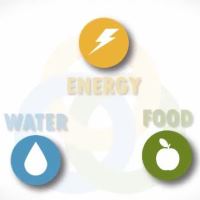
CH2M HILL recently launched its 2013 Sustainability Report and in this video shares examples of how it is making a positive impact through project work and internal operations.